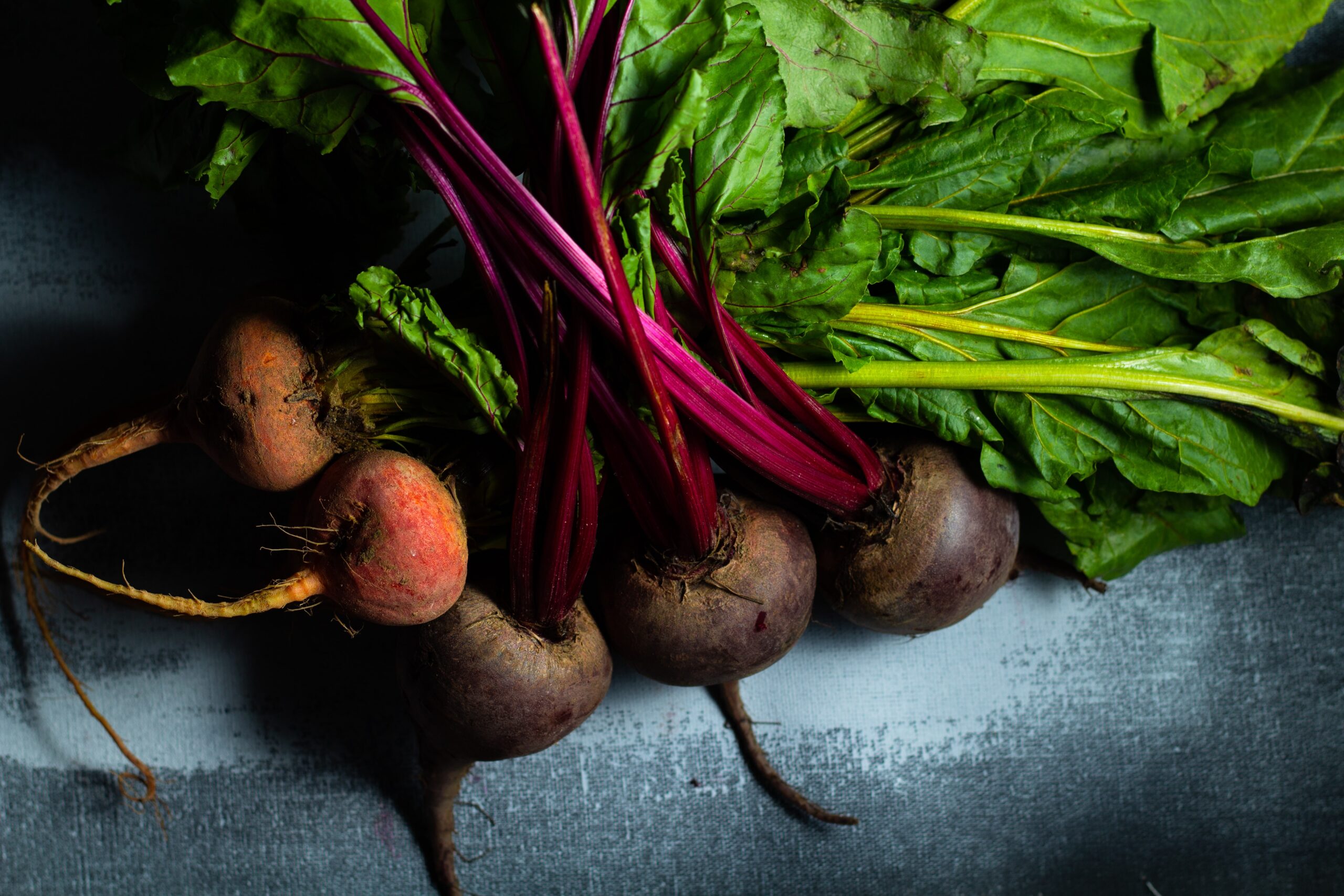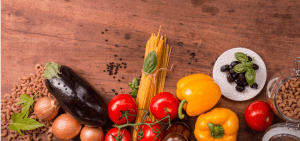Health Benefits of Rutabagas
This cruciferous vegetable in the cabbage family is filled with Vitamin C, Vitamin B6, calcium, carotenoids, fibre, glucosinolate, manganese, phosphorous, phytochemicals, thiamin and zinc.
WELLNESS
It may have a funny sounding name, but rutabaga has some seriously remarkable health benefits including but not limited to;
Cancer prevention Vitamin C is a powerful anti-oxidant, which diffuses the oxidative stress caused by cell-damaging free radicals, repairs tissue and prevents cancers of the cervix, esophagus, oral cavity, pancreas, rectum and stomach. Phytochemicals rid the body of carcinogens and toxins. Glucosinolates may help prevent tumor growth and induce apoptosis, or cell death, and may be particularly effective against breast cancer, lung cancer, and prostate cancer. The rutabaga’s wealth of fibre aids in keeping the body regular, flushing out harmful toxins and also staving off colorectal cancer.
Arthritis Anti-oxidant Vitamin C wages battle against the free radicals that often cause inflammation in those suffering from osteo-arthritis and rheumatoid arthritis. Glucosinolates also have anti-inflammatory abilities.
Asthma Vitamin C can reduce wheezing in asthma sufferers.
Bone Health / Teeth health Vitamin C is crucial for healthy gums. Potassium works to help preserve calcium (also prevalent in rutabaga) in the bones and increases their density, strength and longevity. Calcium prevents osteoporosis.
Brain health Vitamin C aids in proper neurotransmitter function. Eating rutabagas may prevent the frequency of migraines.
Digestive health Fibre and glucosinolates both aid in the digestive process and fibre can alleviate constipation.
Heart health Vitamin C has the capacity to lower blood pressure and fight atherosclerosis. Adequate fibre intake can actually reduce cholesterol. Potassium regulates the heart rate and blood pressure. Thiamine can prevent heart failure.
Immune system health Vitamin C is vital for a healthy, efficient immune system and can ward off and lessen the symptoms of innumerable diseases ranging from the common cold to influenza to HIV. Glucosinolates have antibacterial and antiviral effects. Eating rutabagas has been known to lessen easy bruising.
Men’s health Rutabagas can help prevent alopecia, or baldness.
Women’s health Consuming rutabagas is said to relieve PMS discomfort.
BEAUTY
Anti-oxidant properties Vitamin C and carotenoids are mighty anti-oxidants, which fight against cell-damaging free radicals, prevent the signs of premature aging and promote radiant, supple skin, healthy, shiny hair and strong, resilient nails.
WEIGHT LOSS
Rutabagas are quite low in calories with only 53 per 250 mL serving making them a filling and nutritious snack between meals.
COOKING
Rutabaga, also known as the “yellow turnip” has a mild, nutty, sweet turnip-like flavor and a firm texture. It actually makes a fabulous potato substitute, as I’ll highlight in the simple, savory recipes below:
As a dinner supplement, whip up a batch of mashed rutabaga. Cut up about one kilo of rutabaga into cubes. Boil in salted water for about 35-40 minutes until tender. Add 80 ml of butter and a pinch of nutmeg and mash until you achieve your desired consistency.
Another easy and supremely pleasing or side or main dish is rutabaga and root vegetable gratin. Slice two medium sweet potatoes, 1 kilo of rutabaga and 1 kilo of butternut squash and season them to taste with cracked black pepper and salt. Layer the slices alternately in a greased baking sheet. Cover with 125 mL low salt chicken or vegetable broth. Bake covered for an hour, add 60 ml coconut milk and bake for an additional ½ hour. Top with 190gms of desicated coconut tossed place under a griller for a few minutes until golden brown, cool slightly and serve.
Simply cut into chips and roast with a little olive oil and sea salt as a snack or slice thinly and roast on a lower heat for crisps.
Bon Appetit!
That’s the meaning of life. It’s a rutabaga.
~Garrison Keillor







